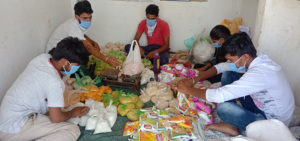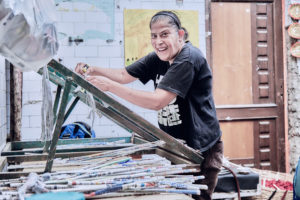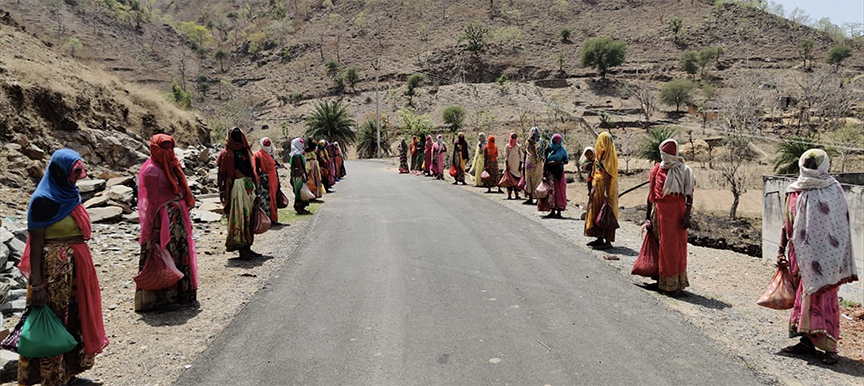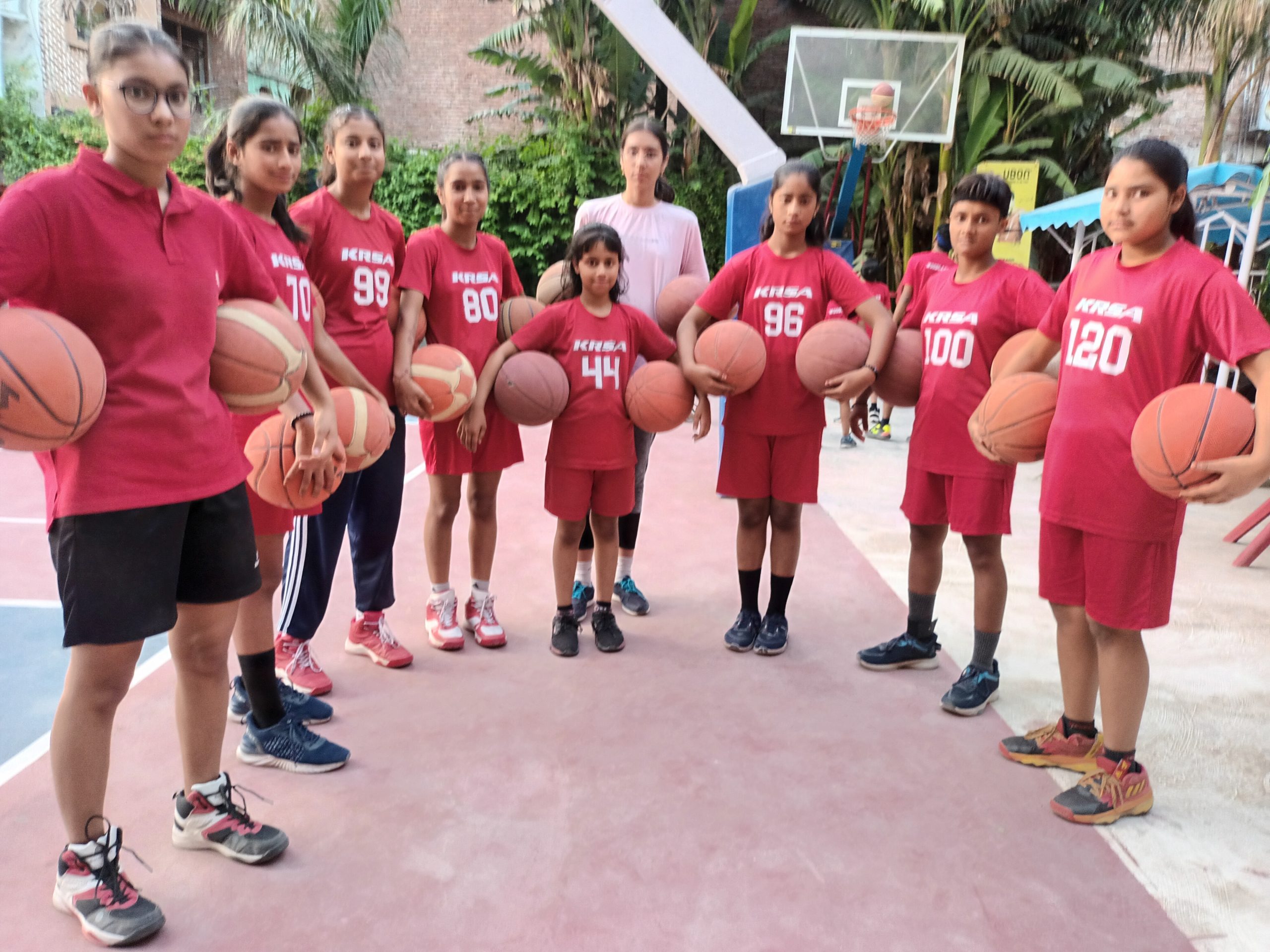As funds run low amid the global pandemic, NGOs find it hard to stay afloat, even to pay their staff
The lockdown enforced to arrest the spread of COVID-19 pandemic has left many jobless, penniless, leading to immeasurable suffering. The Central government itself is now depending on donations via the Prime Minister’s Citizen Assistance and Relief in Emergency Situations (PM CARES) for fighting the virus. And there are many nonprofits who have undertaken to give relief to the poorest in cities and villages.
Yet for many NGOs funds are running low, be it because corporates now not fulfilling their Corporate Social Responsibility (CSR) initiative or because individuals have just stopped donating, facing the effects of the lockdown in force since March 25.
Even NGOs like Goonj, which work on a massive scale in the country have received considerably fewer calls showing interest in donating. The NGO has previously worked to provide relief in several disasters in the country, including recently, the floods in Kerala, Karnataka and Jammu & Kashmir (before its dissolution).
While earlier in such scenarios, the relief work was very localised, now the whole country is plunged into disaster together, Goonj’s founder, Anshu Gupta points out. “Out of a few hundred calls that we get pan-India, about 70% are for requesting relief (mostly food), this was 100% different before”.
In fact, the organisation, which began its work in 1999, would get loaded with calls for help with money and relief material during crisis, but this time, Gupta says money is in short supply for the development sector. “We can see this with a lot of institutions. The other unfortunate part is that corporations and big givers are not understanding, they only want to feed people in the cities. I’m not saying this isn’t needed, it is, but they need to understand that in villages to which migrants have returned, there is a much larger, deeper distress. But no one wants to put money there in rural India”.
He raises some pertinent points, questioning if the public believe that those migrants who returned to their villages went back to a better life. Many migrant labourers had defied orders of lockdown as was seen in Delhi when thousands flocked to Anand Vihar bus station soon after the lockdown announcement – they had no job left and money was not being paid for work done. Some decided to take the perilous journey home on foot.
Gupta reflects on this as he called the workers a “discarded and neglected people”. “We are just saying ‘it’s so sad that the person walked for 300 km’ and we are not thinking about what will happen to that person when they are home in their village. He (the migrant labourer) went home saying he wants to die with his parents. He didn’t say that he has a lot of money and would be okay. If he did, he wouldn’t have left his home in the first place. They came in distress, lived in distress and moved back in distress.”
At the same time, Gupta points out that the National Capital Region (NCR) requires “tons and tons” of relief material. “We aren’t the government. We don’t own the Food Corporation of India (FCI) godowns; we have limited ability of purchasing and processing.” What Goonj is trying to do is buy as much local food as possible, calling it a golden chance to help the local economy, giving the examples of Bihar, Chhattisgarh and J&K. In fact, the organisation has been able to provide help to 17,700 families since the lockdown began, with the backing of their partners in the 18 states/UTs.

Gupta focuses on an important truth, of just how many require support. The Centre for Monitoring Indian Economy (CMIE) showed on its website on 22 April that the unemployment rate in the country has reached a troubling number – 23.8% was the “30-day moving average”. It also the average unemployment of the urban population at 25.9% and rural at 22.9%. The worst numbers were from Tripura with 29.9% unemployment rate, followed by Haryana at 25.1% and then Sikkim at 23.6%.
The International Labour Organisation (ILO) has pointed out that worldwide the workers in four sectors that have experienced the most “drastic” effects of the disease and falling production are: food and accommodation (144 million workers), retail and wholesale (482 million), business services and administration (157 million) and manufacturing (463 million).
Together, they add up to 37.5% of global employment. It adds that the rapidly intensifying economic effects of Covid-19 on the world of work are proving to be far worse than the 2008-09 financial crisis, with cutbacks equivalent to nearly 200 million full-time workers expected in the next three months alone.
The financial meltdown is what Prabhat’s founder Dr Madhumita Puri remembers. The organisation which along with imparting educational and skill development to people with intellectual challenges, helps them with income generation, says during the time of the financial crisis the NGO had not been focussing on donations, but on orders for products made by those taught by the NGO. This time the donations and the orders have dried up.

Puri says for now they have some back-up funds, but soon enough they too will start to feel the effects of low funds. “We had a lot of CSR work but that’s not happening now, so we will encounter a problem later. We work with the poor and those with disabilities; the moral and ethical question is how do we cover for coming salaries. If we use that cushion to pay them, then how do we make that up? I had thought that till April 14 we can still keep people absorbed but now it (the lockdown) shows no sign of ending,” she says, still grappling with what the future course of action will be.
Another NGO who we spoke with is the Psycho-Educational Society (PES) with its primary goal to uplift the less privileged children in rural areas by providing basic education and creating awareness among the uneducated women on family welfare, health education and personal hygiene.
While it’s a Delhi-based NGO, their work area is a village in Mathura district of Uttar Pradesh. KM Paliwal, the Secretary, first tells us that his schools have been closed since the lockdown and students are suffering: “Our centres have computers but the students don’t have them at home so we can’t have online classes.”
And then comes the question of low funds for the NGO, which was started in 1982. Paliwal says they have been “suffering” for the past two months. “People who used to give funds are not confirming if they will be making the donations, online pledge has reduced as well. Only if the lockdown is lifted soon will normality return”. In fact, he urges people to donate to PM CARES, so that relief work continues.
Many more NGOs are going through this same predicament — uncertainty about how to sustain their work, how to pay staff. This is exemplified by a text message by Earth Saviours Foundation, which runs a shelter home for 500 aged and disabled persons.
While it thanks its “well-wishers for donating food grains, medicines, rupees and necessities” to their boarders, it went on to say that there “has been a lot of decline in financial donations. It has become very difficult for the organisation to bear the day-to-day expenses, so you are requested to please extend all help possible.”
The crisis the country and its poor are facing is huge. How will the organisations which have become a backbone of welfare for the underprivileged and marginalised brave the storm?





